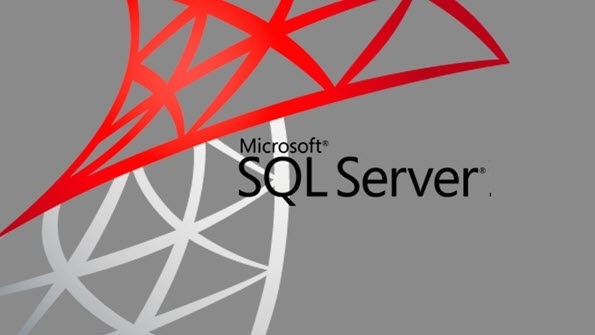Detangling SQL from SQL Server and MySQL Server: Which Server Is Better and Why?


SQL or structured query language allows any user to get the data they need from a SQL database. Irrespective of the size of the database or the volume of data in it, you can use SQL to fetch the data. It is one of the most popular query languages in use today. Even WordPress databases use SQL. The first use of this query language was in 1974. That year saw the release and use of the first version of this language. The popular misconception about SQL is – only programmers need to know about it. Well, programmers do need to know this very basic yet ubiquitous query language. Non-programmers need to know about it too. There are two popular versions of this query language that you should know of right now.
The most commonly used version is the SQL, which comes to use during extraction of data from extremely large databases. For example – you can use SQL to fetch data from Oracle databases. Access SQL is a little more complex than SQL. Database admins and programmers came up with Access SQL to fetch data from Microsoft Access. Most small and medium businesses use Microsoft Access as their database management system. Whether it is a start-up on a budget or a Fortune 500 company, SQL finds its use for data fetching, maintenance and update on a regular basis.
In almost all environments, SQL and MySQL are flexible. You can access several interfaces to run the queries and use command line text based editors to build your queries. These are indeed the two most popular choices as far as data management utility comes to question. Since SQL is the language and MySQL is a platform, it is easier to understand when the comparison is between the SQL Server and the MySQL Server.
The most popular RDBMS platform or Relational Database Management System that uses SQL is MySQL. This open source RDBMS uses C and C++ at the heart of the system. Both the servers use and support Python, PHP, Visual Basic, Delphi, Ruby, Go and Java. This is a hot favorite of almost all programmers dealing with WordPress sites and cPanel hosting. You can easily log into applications like phpMyAdmin to run your SQL queries for fetching data from the current database. MySQL supports Scheme, Tcl, Haskel, Perl, and Eiffel as well. The few added languages often put the MySQL Server ahead of SQL Server regarding corporate preferences and among developer communities.
Oracle Corporation now owns the MySQL for-profit platform. On the other hand, Microsoft owns the Microsoft SQL Server. The SQL Server has upheld a long tradition of giving people trusted software programs. It is one of the most trusted databases today, and database admins start out with SQL programming on SQL Servers in their initial days. MySQL is a lot more complex than SQL servers, and most people just opt for DBA help in case their companies rely on MySQL databases. Whereas, companies that currently use SQL Servers can always run smoothly with help from remote DBAs. Websites like RemoteDBA.com have extensive content that can help a non-programmer take care of their SQL based databases with ease.
When it comes to security, both of them are EC2 compliant. They have enough security support and encryption support to support government applications and websites. In fact, today, several US government websites use either SQL Server or MySQL for regular functions. Microsoft SQL server offers 360-degree security features and regular updates. Since MySQL is more of a corporate version, the updates are often paid, and there is a clear distinction between baseline security features and advanced security. SQL server has help from the Microsoft Baseline Security Analyzer that helps to keep the server installation updated.
The coolest bit about the MySQL support is the Virtual MySQL DBA Assistant. Oracle is now a Capability Maturity Model level 5 company, and it offers complete technical support on cloud storage. SQL server from Microsoft comes with complete assistance from experts on Cloud Storage and SQL Database maintenance. The competition is a tough one, but the free Microsoft SQL Server Migration Assistant simply takes the cake! SQL Server allows all users (both programmers and non-programmers) to migrate data from Microsoft Access, Oracle, Sybase and MySQL to any SQL Server.
Microsoft has developed SQL Server originally for windows only. Later they proposed the extrapolation of the server to Linux and iOS as well. Therefore, although SQL Server is now available for Windows, Mac OSx, and Linux, it does not have the same seamless nature MySQL does. MySQL brings special features to all three OSx and several others. Almost all popular enterprises and larger corporations favor MySQL from Oracle since it brings a certain smoothness to Windows, Linux, Mac OSx and other popular operating systems in the current market.
SQL Server and MySQL give a tough competition to each other. Regarding features, MySQL is ahead of the other. When it comes to pocket-friendly agility, SQL server takes the crown. MySQL is more trusted in the developed market, and it also offers fast, scalable growth. When anyone pits MySQL and SQL against each other, MySQL takes the medal. However, when non-programmers need to weigh the pros, cons, and levels of complexity in each server, SQL Server from Microsoft seems to be the undisputed leader.
